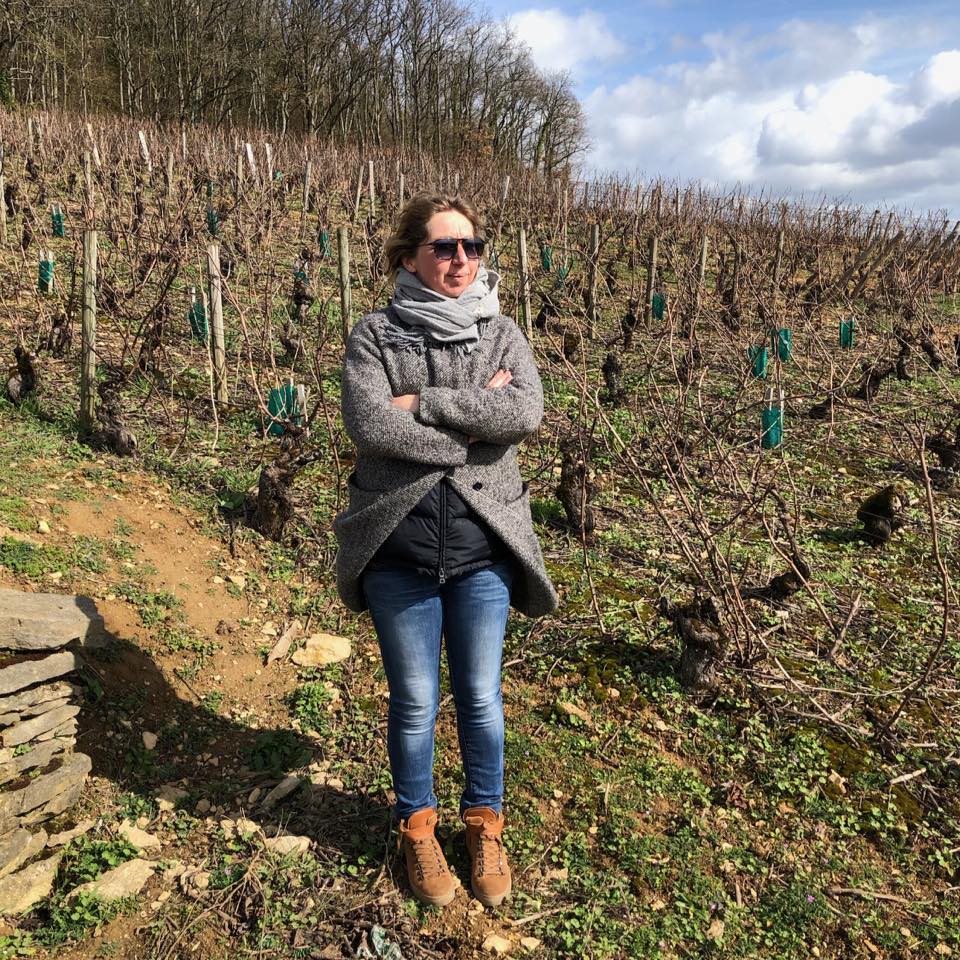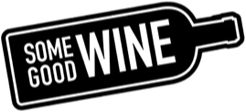
Julie Benau's Innovative, Natural Wines from the South of France

Last month, I had a chance to revisit the wines of Julie Benau, a badass female winemaker from the south of France who has somehow never caught the attention of Some Good Wine until now. Beloved by the natural wine community for a while, Julie’s wines are just as delightful, energetic, and dynamic as the fearless woman herself.
The Benau family has been growing grapes since 1980 at a16th century farmhouse in Picpoul de Pinet in Languedoc. However, their first estate bottling started in1999 when their young daughter, Julie, returned home and became involved in winemaking. Since then, Julie has progressively changed the way that the family works in the vineyard and at the winery to a low-intervention style that is closer to fully organic.
Julie does not buy grapes or sell to the co-op, which is still the common practice for the majority of growers in the region. She keeps pushing boundaries and experimenting with terroir and ideas—aging some of her Picpoul in barrique on the seafloor (The Libero), making completely unsulfured wines (the Chichois à la Baraquette and Robot Cochon Rouge), and constantly striving to make her flagship cuvée the best in the region year after year. Her wines have soul and character. I also love her whimsical and unassuming labels.
As far as aging wine under the sea, Raul Perez in Rias Baixas, Gaia in Santorini, Bisson estate in Liguria, and many others have attempted it in the past—but none have created a wine as compelling as Julie's. If you want to know more about her underwater aging gone extreme, this is a good place to start.
— Nicole Cheon, Sommelier @ Some Good Wine
These wines from Julie are available at the shop now:

2019 Domaine Julie Benau, Picpoul de Pinet “Classique”
This is Julie’s flagship wine that is made from 100% Picpoul Blanc. Thanks to extended lees aging, the wine has a good body and round texture while retaining a “lip-smacking” acidity (“Picpoul” literally means “lip-stinger''). Saline minerality from the mediterranean sea, ripe orchard fruits, under-ripe tropical fruits, and tea leaves gives the wine complexity and dimension. As far as food pairing, you can’t go wrong with oysters, shellfish, fish stew, and grilled vegetables.
A diagram of an oyster’s anatomy on this label is taken from an old children’s school textbook from the region.
find it on Some Good Wine
_______________________________________________________________________________________

2019 Domaine Julie Benau, Picpoul de Pinet “Chichois à La Baraquette”
Julie takes an experimental approach in this bottling. The same grapes she uses for her flagship cuvée from the oyster bed soils go into this wine, but she vinifies it with a little bit of skin contact and without added sulphites. The resulting wine is a beautiful, layered, and alive wine with subtle tannins, concentrated fruits, and umami undertone. It pairs amazingly well with sushi and sashimi.
The label here is a drawing from Julie’s artist client that’s supposed to be Julie after a long night of chichois (“Chichois à la Baraquette” is an idiomatic expression from Picpoul that means basically “crazy stuff happened”).
find it on Some Good Wine
_______________________________________________________________________________________

2018 Domaine Julie Benau, Tempranillo “Robot Cochon”
The Tempranillo grapes that were used for this wine come from a 30-year old vine. It was originally purchased by Julie’s father from a local nursery to make a simple house wine to drink at home and with vineyard workers. In 2015, after noticing the vines were producing very clean, beautiful fruit, Julie decided to make an unsulfured estate bottling of the Tempranillo, and in 2016 the first vintage of Robot Cochon was born. The wine comes from a single half-hectare parcel and very little is produced each year.
Robot Cochon is a serious take on a glou glou style, it has lots of bright purple fruits with blackberry undertone, finishes with slight smoke meat and pepper and a hint of wet earth, tobacco leaves, and black olives. This fresh, vibrant, fruity red reminds me of Beaujolais and dry Lambrusco but with more depth and personality (suggested to serve chilled). It’s such a fun and delicious wine to enjoy with tacos, burgers, fried chicken, and Chinese take-out!
The story behind the pork label is from one night when Julie and her friend were out at a bar in Picpoul. They saw this poster on the wall and thought it would make a great wine label. The artist let Julie use the image in exchange for a few cases of wine! The artist intended the “robot pig” to be a satirical cartoon, critiquing the increasingly industrialized nature of pork production in France, so the message also works for Julie as she’s striving to make low-intervention wines in a region where there’s a lot of co-op and industrial scale wine production.
find it on Some Good Wine
